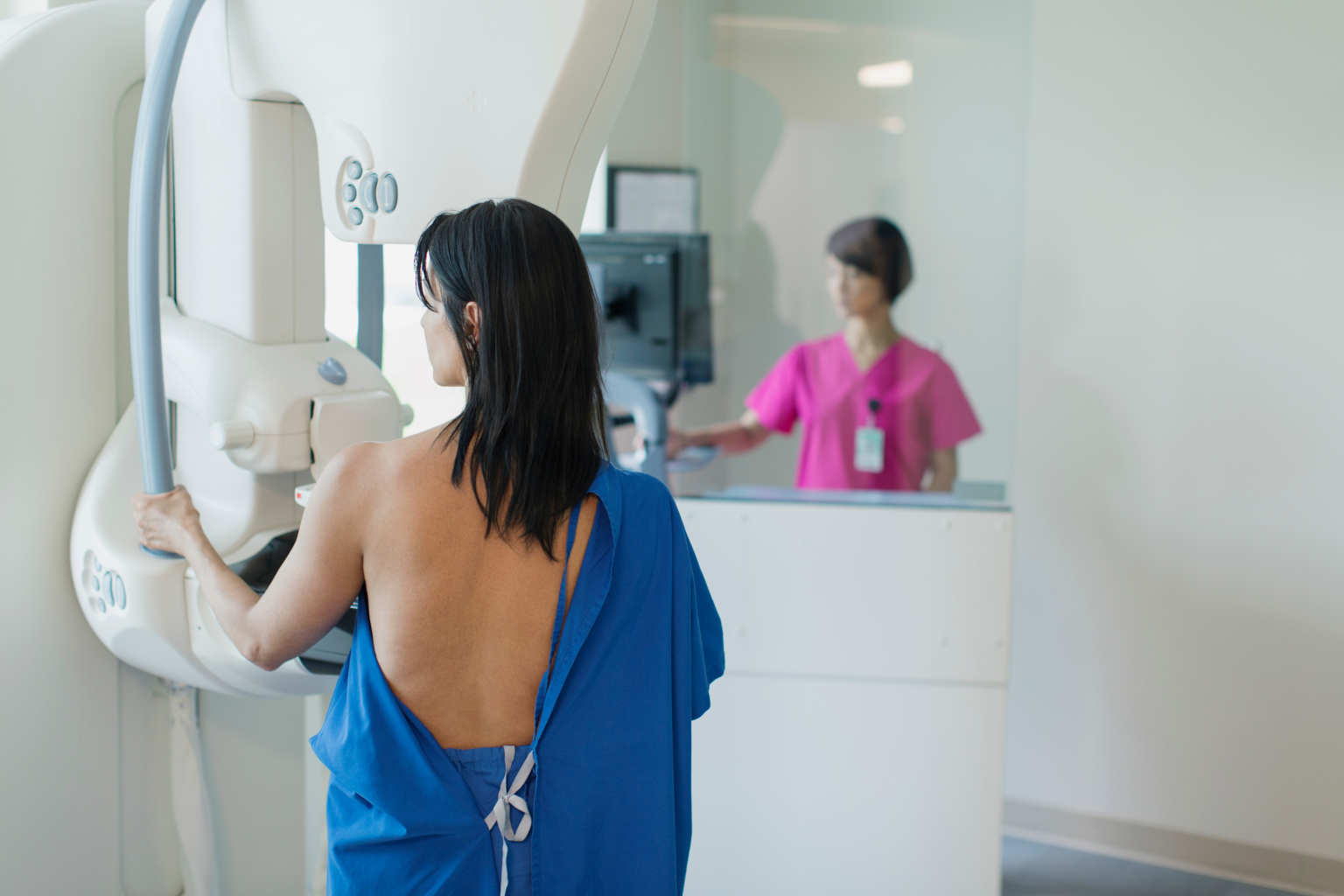A woman of strength and character
Within minutes of meeting 43-year-old Ms Jeen Tan, it is easy to tell that she is a woman of strength and character. She looks fit and healthy, with a stylish, short haircut that complements her warm, spunky personality.
Anyone would be surprised to learn that she has battled and survived breast cancer. But battled cancer she did, and Jeen has now been cancer-free for six years.

The diagnosis of breast cancer
“I was 36 years old when I found out I had breast cancer. I had been prompted by my boyfriend to get myself covered by health insurance, and it was very timely that I went for my first routine full-body checkup, because that is when I got diagnosed. I was very lucky. It was stage one cancer.”
Initial shock
Nevertheless, Jeen was devastated when she was first diagnosed.
“I think my doctor can still remember the way I responded. When she told me that I had cancer and that I would have to go through an operation, I was quite calm initially, but after that I just burst out crying...Cancer came, as it often does, as a big surprise. I have led a very healthy lifestyle all along — I don’t smoke, I don’t drink. It’s just that some of my girlfriends are smokers – though they are considerate enough to not smoke near me anymore. I don’t know if the secondhand smoke or the stress of work were contributing factors, but even so, when I found out I had cancer I was very shocked, very surprised. I also don’t have any family history of breast cancer.”
Struggling through breast cancer treatment
In the initial period after her diagnosis, Jeen describes herself as being very down.
“I had to go to the hospital every day for radiotherapy… every day for six weeks I had to drag myself to go.”
Treatment and recovery
Fortunately, since Jeen’s cancer was caught early, she did not need chemotherapy. Instead, our doctor at Thomson Breast Centre performed a lumpectomy and sentinel lymph node biopsy, after which Jeen received a course of radiotherapy. The ever-positive Jeen took the experience in her stride. The close shave has changed her outlook on life and she is now healthier than ever. She swims twice a week and is more careful with her diet.
Changing lifestyle habits
“I used to eat microwaved food, canned food, Maggi mee and all of that. But after getting cancer, I stopped. If I see people around me using the microwave, I say, ‘Please! Don’t microwave your food!’ When they turn on the microwave, I stand very far away.”
Microwaved food does not cause cancer. However, plastic containers may contain harmful chemicals that leach into food. If you use glass or ceramic microwave-safe containers, it is okay. Processed meats contain preservatives that are linked to some cancers, especially colorectal cancer. Essentially, fresh food is always healthier.

A new lease of life
Besides changing her dietary preferences (she still indulges in the occasional fast-food meal), Jeen says that surviving breast cancer also changed her personality.
“I’m more open to people, more straightforward, and I am not as shy. Because I don’t know when I’ll die or when bad vibes will come again, I know I really have to treasure every day. It’s really different… Now I am actually much happier!”
Thankful for her new lease of life, Jeen – who has vowed to go for a yearly mammogram for the rest of her life – says she would most definitely encourage people to go for regular health screening.
Importance of regular breast screenings
According to our doctors at Thomson Breast Centre, the Ministry of Health does not recommend breast screening (to check for cancer) for those under the age of 40.
People do go for screening younger, but based on statistics, the peak age of incidence for breast cancer is still when people are in their 50s and 60s. However, once diagnosed with breast cancer, women should get a yearly mammogram even after undergoing treatment and are in remission.

Mammogram experience
When asked to talk about what a mammogram feels like, Jeen says,
“I’m not going to lie – it is quite painful...It’s just a few seconds of pain for peace of mind that you are okay. It’s still bearable.”
One way to decrease the pain level is to do a mammogram after your menses. Generally, the breasts are more engorged and sensitive the few days before your menses. That’s why we recommend women to do a mammogram after their period so it’s not so uncomfortable.
Gratitude and support
Jeen is thankful that the battle is now behind her. She was able to overcome the darkest days with the amazing support of family and friends, and she is especially thankful to her doctor, Dr Ho, who she describes as “too nice”.
“You just feel very comfortable with her...that’s really important for a woman with breast cancer. From diagnosis to surgery, up to today, I have always felt reassured, encouraged and taken care of by Dr Ho.”
Book a mammogram
Book an appointment with Thomson Breast Centre today.
For more information, contact us:
Thomson Breast Centre
Call: 6252 5535
WhatsApp: 8668 8697
Request Appointment